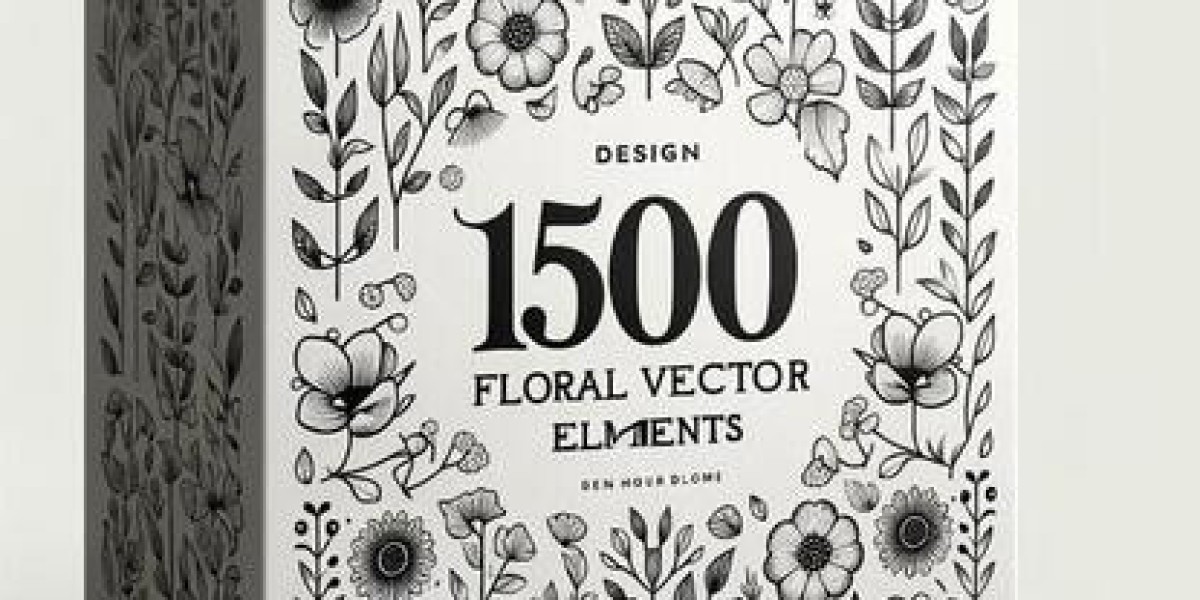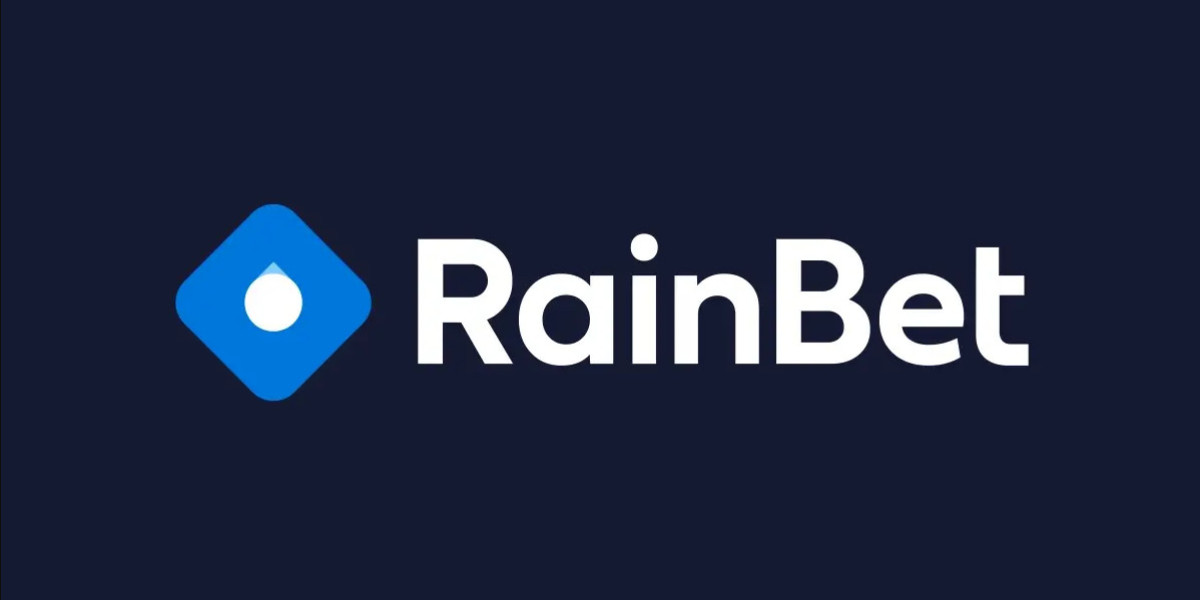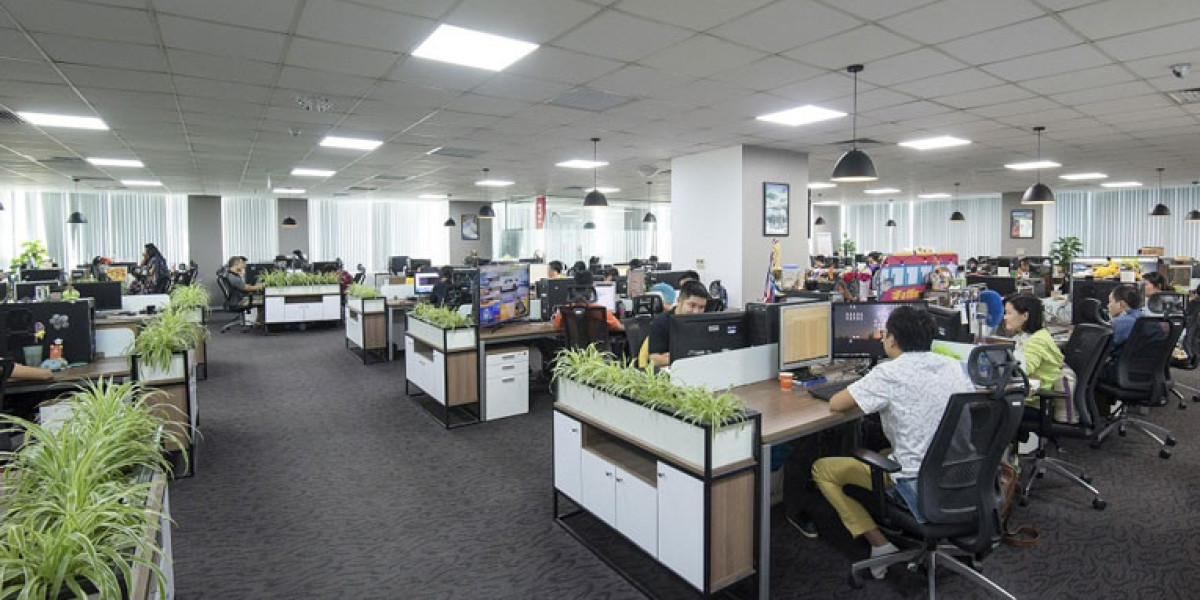Indonesia insists B40 biodiesel implementation to proceed on Jan. 1
Industry individuals looking for phase-in duration expect progressive intro
Industry faces technical challenges and expense issues
Government funding issues develop due to palm oil rate disparity
JAKARTA, Dec 18 (Reuters) - Indonesia's plan to expand its biodiesel required from Jan. 1, which has actually fuelled issues it might suppress worldwide palm oil supplies, looks progressively likely to be implemented gradually, analysts said, as market participants look for a phase-in period.
Indonesia, the world's greatest producer and exporter of palm oil, plans to raise the obligatory mix of palm oil in biodiesel to 40% - called B40 - from 35%, a policy that has triggered a dive in palm futures and might pressure rates further in 2025.
While the government of President Prabowo Subianto has said repeatedly the strategy is on track for full launch in the brand-new year, industry watchers state costs and technical difficulties are likely to result in partial application before full adoption throughout the sprawling island chain.
Indonesia's most significant fuel retailer, state-owned Pertamina, stated it requires to modify a few of its fuel terminals to blend and save B40, which will be finished during a "shift duration after federal government establishes the required", spokesperson Fadjar Djoko Santoso told Reuters, without supplying information.

During a meeting with government officials and biodiesel manufacturers recently, fuel merchants requested a two-month shift duration, Ernest Gunawan, secretary general of biofuel manufacturers association APROBI, who remained in attendance, told Reuters.
Hiswana Migas, the fuel merchants' association, did not right away respond to an ask for comment.
Energy ministry senior official Eniya Listiani Dewi told Reuters the required walking would not be implemented gradually, and that biodiesel manufacturers are prepared to provide the greater blend.
"I have verified the preparedness with all producers recently," she said.
APROBI, whose members make fat methyl ester (FAME) from palm oil to be blended with diesel fuel, said the federal government has not provided allotments for producers to sell to fuel sellers, which it usually has actually done by this time of the year.

"We can't provide the products without purchase order documents, and order documents are acquired after we get agreements with fuel business," Gunawan told Reuters. "Fuel business can just sign contracts after the ministerial decree (on biodiesel allocations)."
The federal government plans to allocate 15.62 million kilolitres (4.13 billion gallons) of FAME for B40 in 2025, Eniya told Reuters, less than its preliminary estimate of 16 million kilolitres.
FUNDING CHALLENGES
For the federal government, funding the higher blend could likewise be a difficulty as palm oil now costs around $400 per metric heap more than unrefined oil. Indonesia uses profits from palm oil export levies, handled by an agency called BPDPKS, to cover such gaps.
In November, BPDPKS approximated it required a 68% boost in subsidies to 47 trillion rupiah ($2.93 billion) next year and approximated levy collection at around 21 trillion rupiah, sustaining market speculation that a levy hike is impending.
However, the palm oil industry would object to a levy hike, stated Tauhid Ahmad, a senior analyst with think-tank INDEF, as it would harm the market, consisting of palm smallholders.
"I believe there will be a delay, because if it is implemented, the subsidy will increase. Where will (the cash) originate from?" he stated.
Nagaraj Meda, managing director of Transgraph Consulting, a commodity consultancy, stated B40 application would be challenging in 2025.
"The execution may be sluggish and progressive in 2025 and most likely more busy in 2026," he said.
Prabowo, who took workplace in October, campaigned on a platform to raise the required even more to B50 or B60 to achieve energy self-sufficiency and cut $20 billion of annual fuel imports. ($1 = 16,035.0000 rupiah) (Reporting by Bernadette Christina; Editing by Tony Munroe and Lincoln Feast.)







